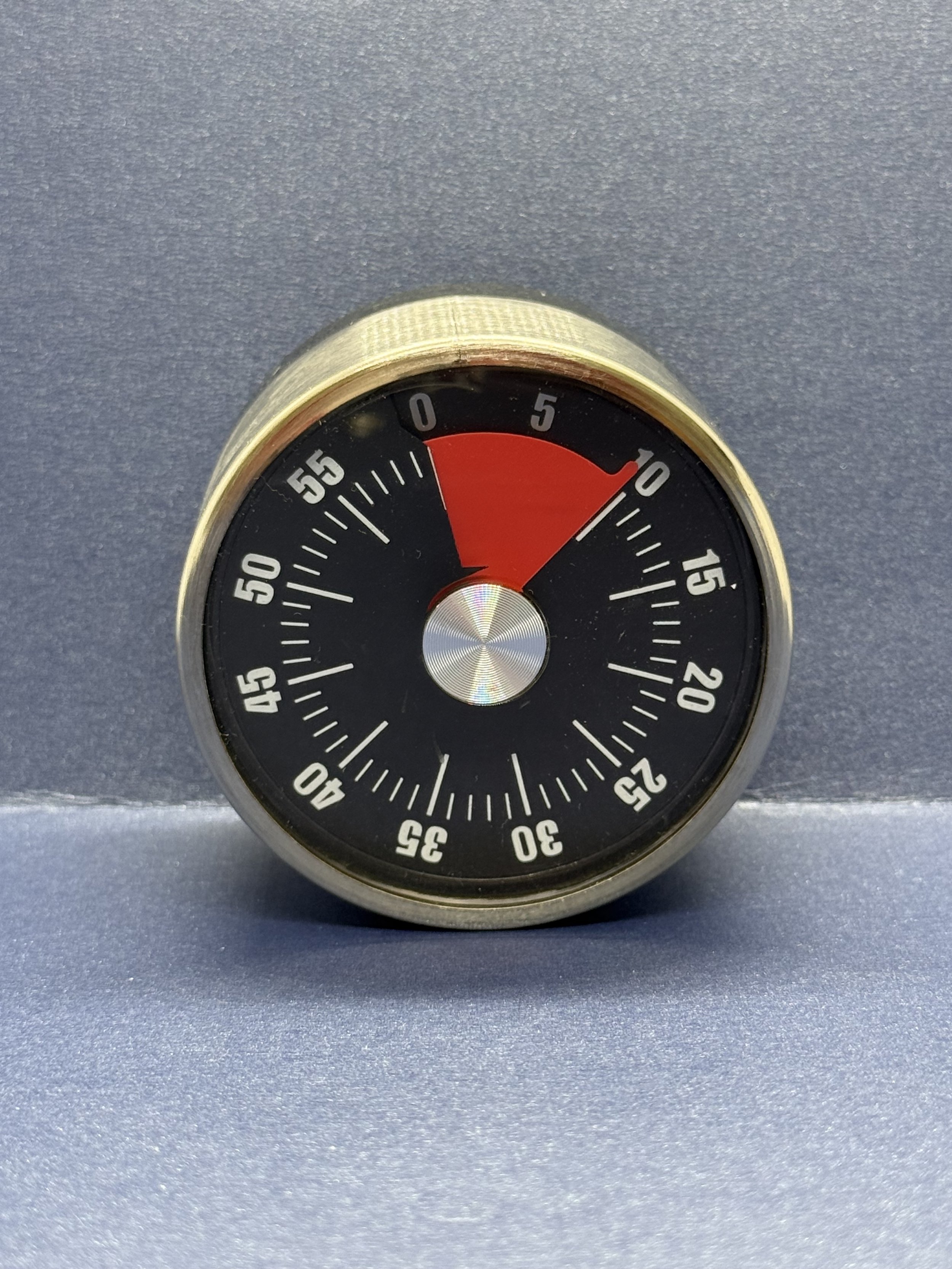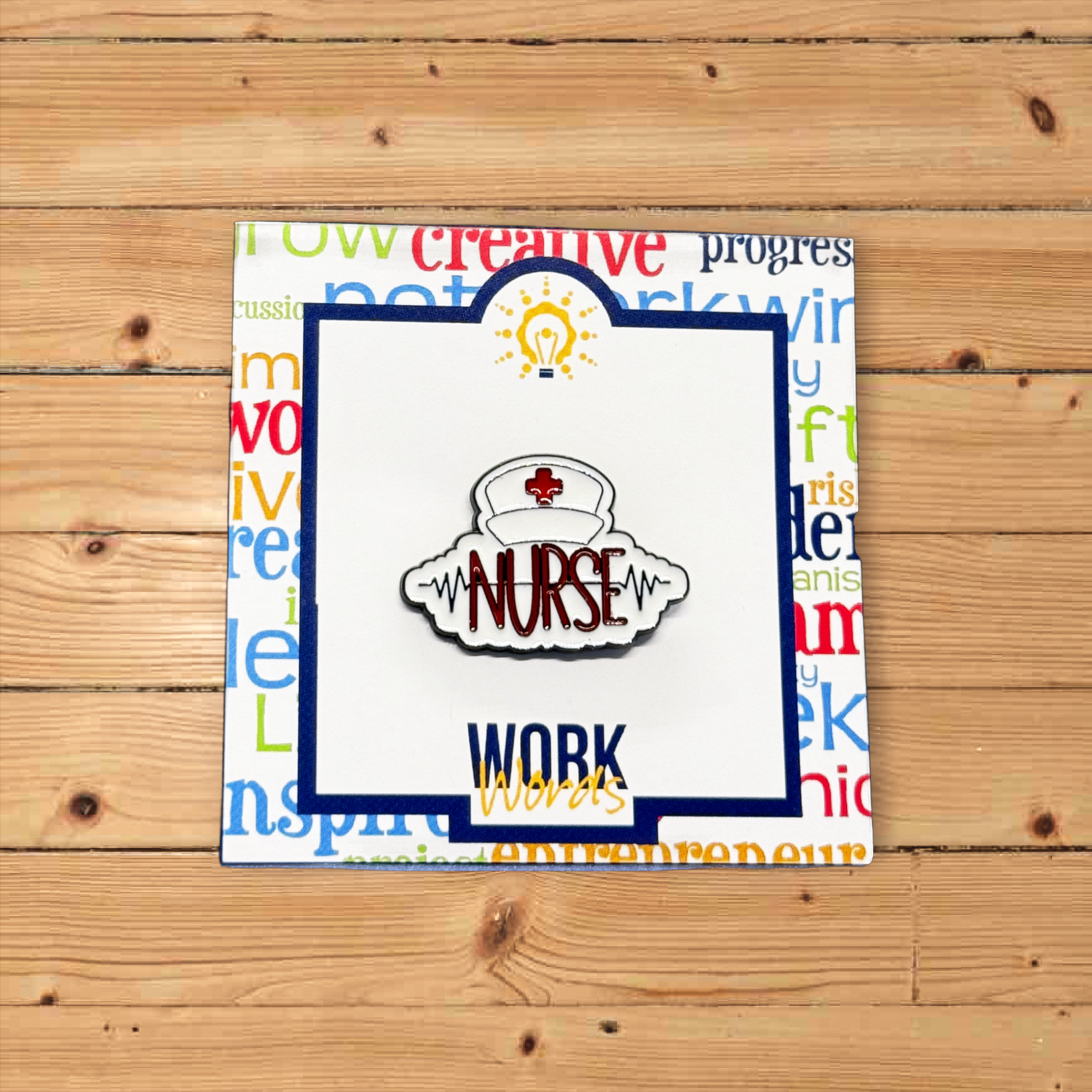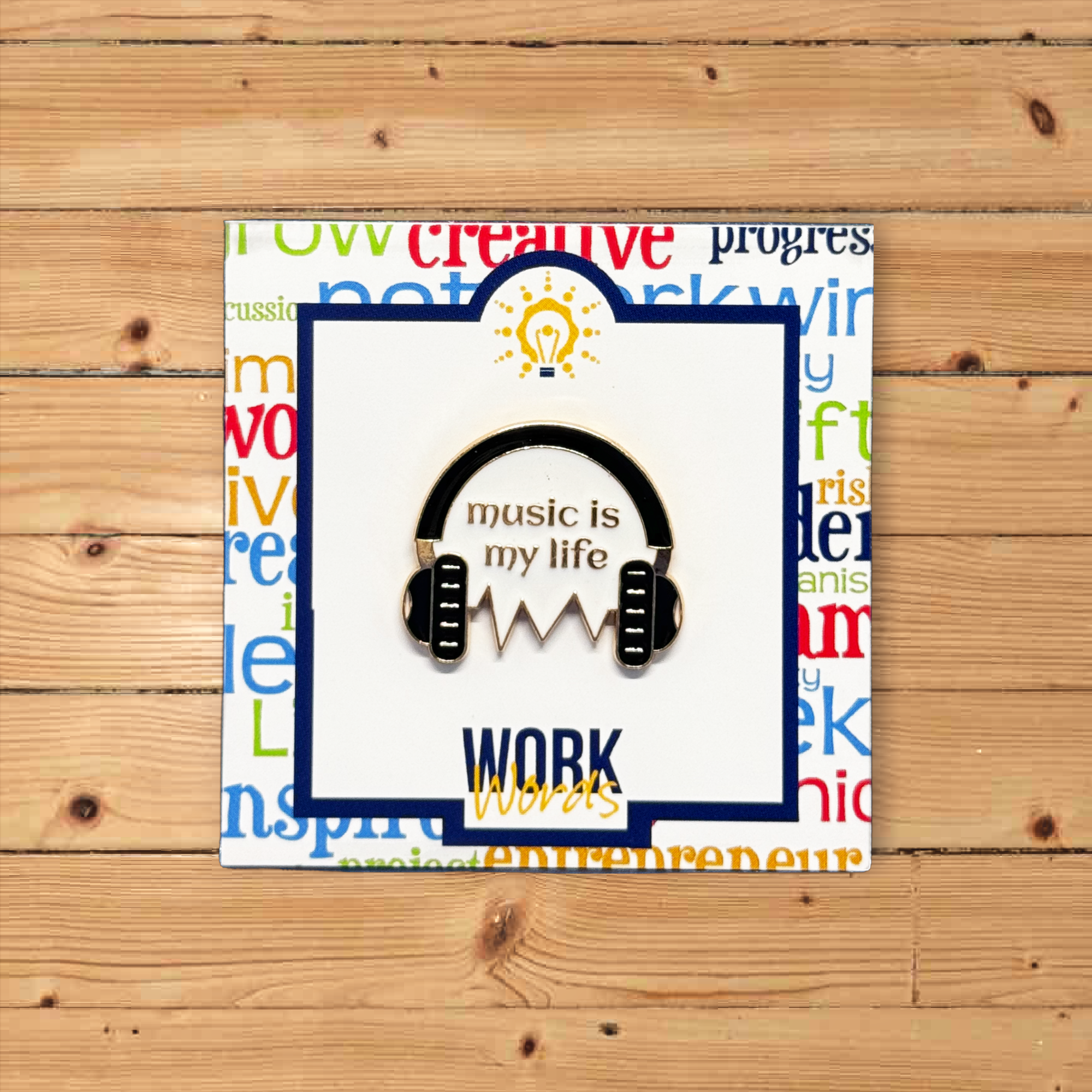ADDRESSING NDIS CRITERIA
When putting together an application for NDIS funding for Assistive Technology, consider the role that the NDIS plays and how it does decides whether to fund a product or service. A participant has a disability. That disability has symptoms (eg a person with Parkinson’s has tremors, a person with ADHD may have task transitions challenges or struggles with focus; etc) which affect their ability to work.
Remember: a participant’s disability cannot be cured, but the symptoms can be improved. The question you need to have in your mind is, how does this product help to ease the symptoms of my condition to improve my ability to participate in work and/or manage any behaviours of concern I have?
EVIDENCE OF AT REQUIRED
The NDIS needs to understand your AT needs and how the right AT will help you pursue your goals. Depending on cost, you will need to provide different information as part of your application for the AT you have selected. As it is highly unlikely that anything you purchase from Impressability in AT will cost more than $1,500, you won’t need written evidence - you just need to tell the NDIS what you need. You also won’t need a quote and the funding will come from your Core Budget. You might like to attain advice from an AT Advisor about the specific items you choose that will best meet your needs, but you don’t have to. AT Advisors can provide advice regarding:
what AT is safe for you
setting up your AT
using your AT
Given the low risk, low cost of the products available in the Impressability store, there won’t be much to setting up or using the devices. However, the Assistive Technology section of the NDIS website will be able to provide you with more help and assistance.
WHAT ARE TASK TIMERS & HOW CAN THEY HELP?
Task Timers serve as structured visual and auditory aids designed to assist individuals who experience difficulty with task transitions, time management, or executive functioning challenges. These tools provide a clear, predictable countdown that reinforces routine, reduces uncertainty, and supports smoother transitions between activities.
For participants with autism, ADHD, or sensory processing differences, the Task Timer promote self-regulation and engagement in daily activities by offering a means of managing time visually and auditorially, which will enhance a participant’s ability to participate in the workplace independently.
ARE THEY REASONABLE & NECESSARY?
For a support to be considered “reasonable and necessary”, the NDIS states that it:
must be related to a participant’s disability;
must not include day-to-day living costs not related to your disability support needs;
should be represent value for money;
must be likely to be effective and work for the participant;
should help the participant pursue their goals, objectives and aspirations;
should help the participant increase their independence;
should increase the participant’s participation in community and workplace; and
should take into account support given to you by other government services, your family, carers, networks and the community.
Related to the participant’s disability
The Task Timer must be related to a participant’s disability for it to be eligible for NDIS funding. Think about how the participant’s disability presents, how it impacts their ability to engage in work and/or other activities, and how the Task Timer might be able to help them overcome that impact.
Likelihood of effectiveness
The likelihood of effectiveness should also be addressed. To do this, consider that research has concluded fidgeting can help regulate attention and provide an outlet for restless energy, particularly in individuals with ADHD or sensory processing differences. It can help with the following:
Attention regulation: fidgeting can act as a self-regulation mechanism, helping individuals adjust their arousal levels to maintain focus. One study found that people who were allowed to doodle while listening to a phone conversation retained more information than those who didn’t!
Cognitive benefit: Some studies indicate that movement-based habits, like fidgeting, can reinforce learning and memory. This aligns with findings that people with ADHD perform better on cognitive tasks when engaged in spontaneous bodily activity.
Stress and anxiety reduction: fidgeting has been linked to stress relief, with repetivie movements helping to manage nervous energy. This is why fidget toys are often used as self-regulation tools in workplaces.
Physical benefits: fidgeting can contribute to improved circulation (particularly in jobs where the individual is sedantary eg people sitting at a desk all day) by promoting subtle, repetitive movements.
Is the way the Task Timer could help the participant, doubling up on support, ie are their needs being met by other government services, their family, carers, networks and the community?
The Task Timer encourages self-regulation of emotions, stress and restless energy. This means that it is designed to promote independence and resilience from external support needs. Workplaces rarely offer the opporutnity for a support person to sit with them to provide assistance and regulation support. A collection of Assistive Technology designed to promote a participant’s ability to implement coping mechanisms when those external supports aren’t available, is therefore vital to their ability to participate in the workforce, and live an independent life.
Does the Task Timer assist the participant to pursue their goals, enhance their independence and increase their participation in the workplace and/or community?
The easy answer to these questions is “yes”! However, being able to explain how is key in an NDIS application.
To do this, consider:
How can the Task Timer assist the participant to increase their independence?
The Task Timer enhances the participant’s self-directed time management strategies, minimising their reliance on external promptimg while promoting autonomy in completing work tasks. Their portability ensures accessibility across various settings within the workplace.What are the participant’s goals? How can the Task Timer support their achievement?
If the participant’s goal is to attain/sustain ongoing employment, connect the product to their need for support with regards to time blindness, task-management, time managmeent, and increased independence. It can also be connected to their ability to focus on important work tasks so they don’t make errors.
WHAT TYPES OF SUPPORT CAN THE PRODUCT ASSIST WITH?
BEHAVIOUR SUPPORT
Behaviour support is a means of meeting your individual needs, including strategies and supports to look at the reasons why you may have behaviours of concern.
The NDIS states that Behaviour Support aims to:
increase your quality of life;
understand the reasons for your behaviour;
find ways to meet your needs; and
reduce and manage behaviours of concern over time.
The Task Timer provides a practical solution for managing attention and engagement. By presenting a tangible representation of time, they help individuals regulate their focus, decrease anxiety related to time pressure, and develop independent scheduling skills. This structured approach is particularly beneficial for those with ADHD, autism or cognitive processing differences, fostering greater consistency in daily routines.
SUPPORTS FOR WORK
The NDIS describes “Supports for Work” as the “support you need because of your disability to:
transition to work from education/training;
change occupation;
keep working when it is difficult;
become self-employed;
change or advance your career;
try paid work when you haven’t before; and
have support at work.
You might like to consider how the product you have selected will help you to self-direct and what impact that will have on your ability to feel supported at work. If you are choosing this product as part of a collection of products (ie you are adding it to a gift pack or work kit), you could also include how this product will integrate with the others and what impact the whole kit will have on your ability to feel supported at work.
DISCLAIMER
Talk to your Support Coordinator/Recover Coach to discuss how these supports can be of assistance to you. At Impressability, we welcome discussion around this curated collection and would be more than happy to set up a free meeting to discuss how we can help.
















